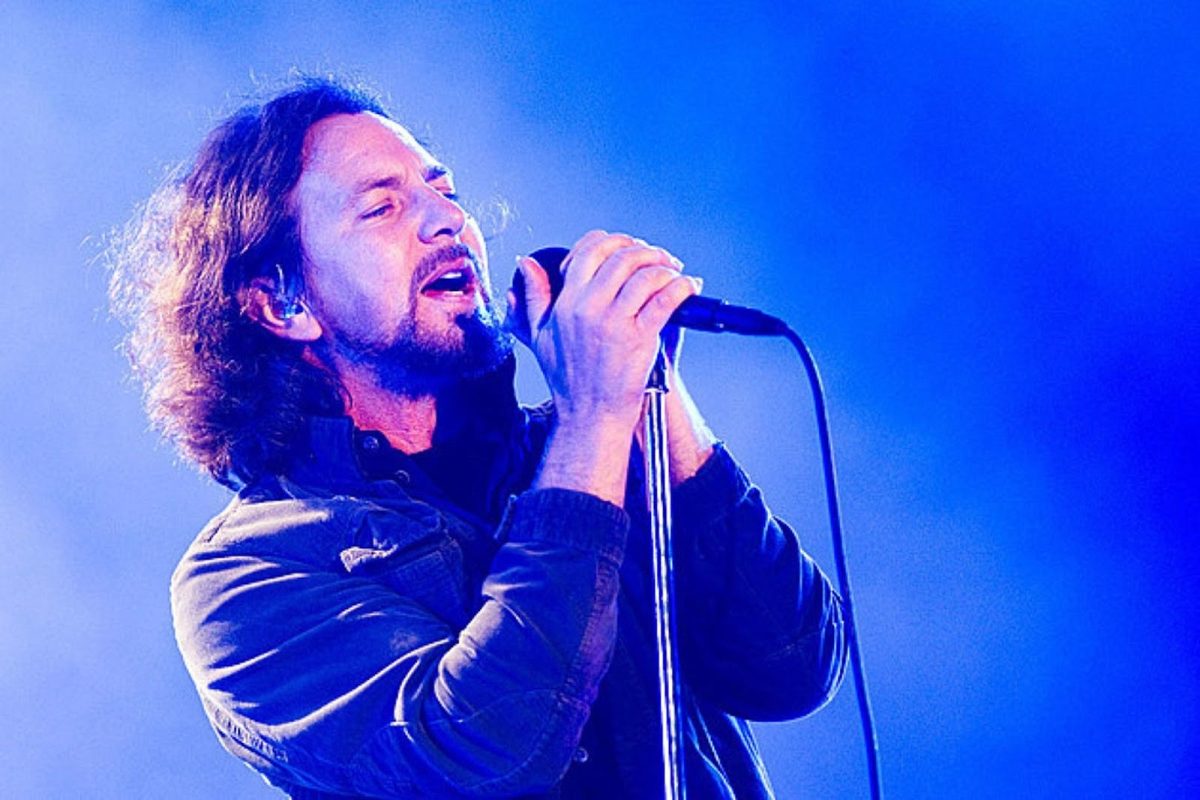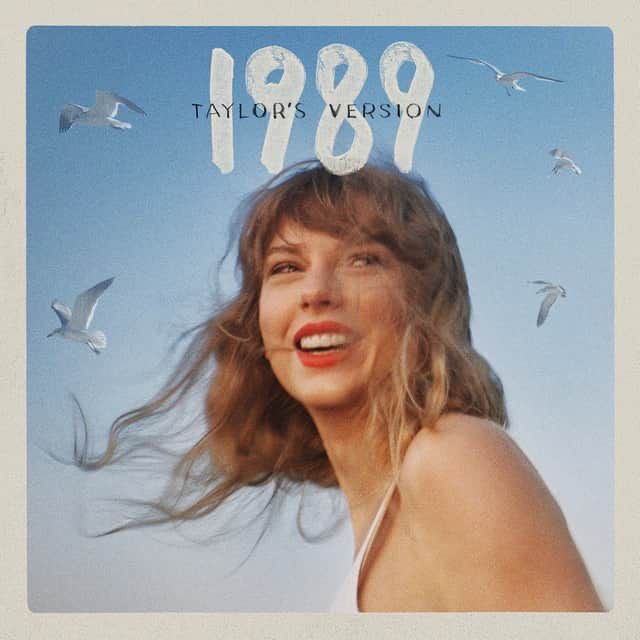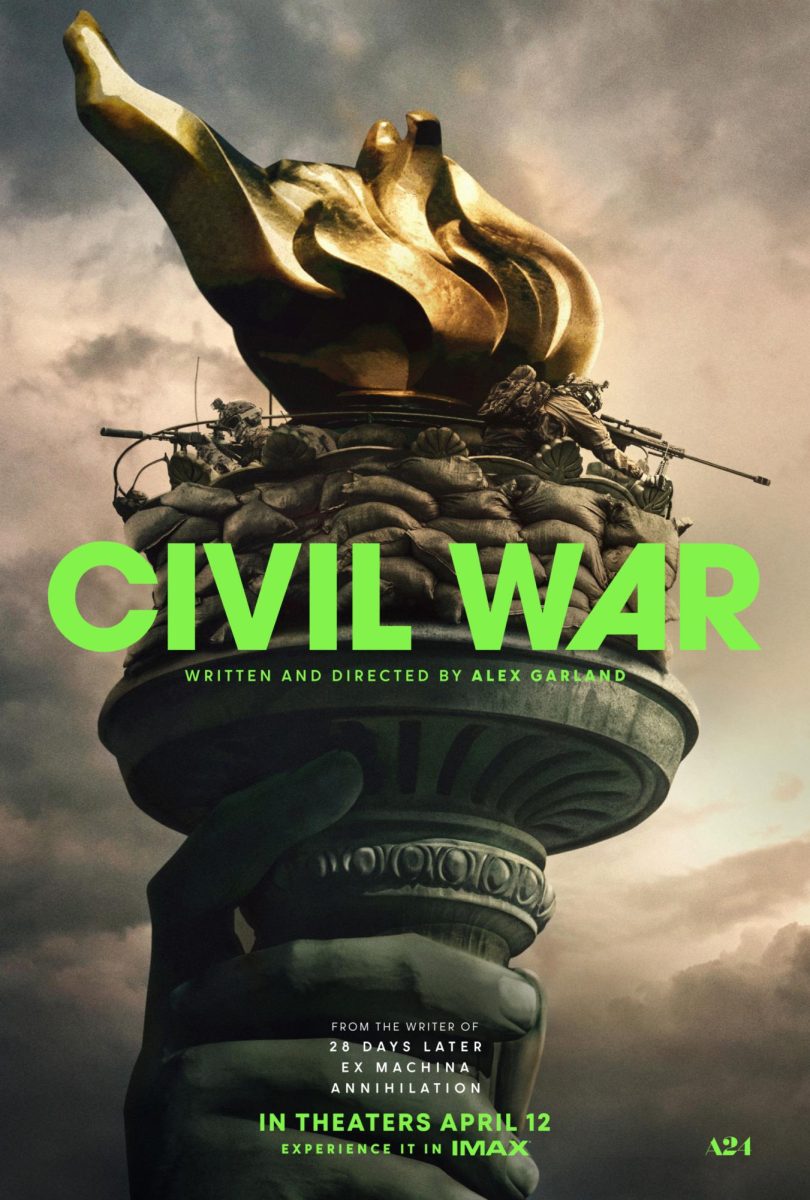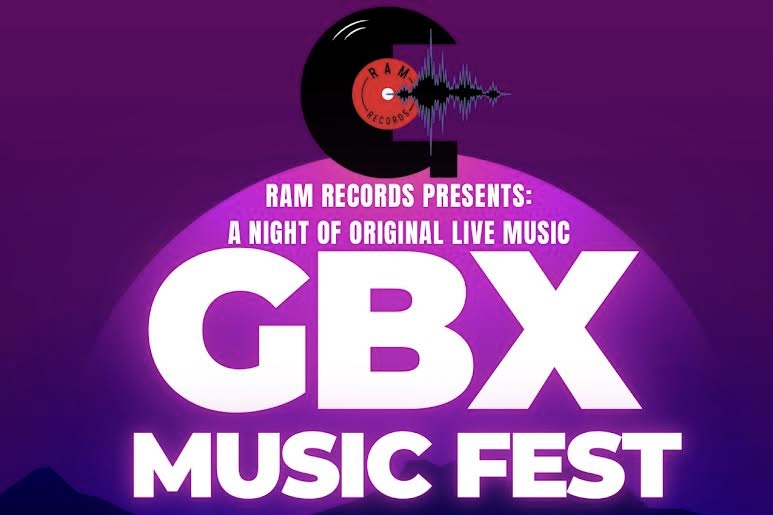
20 years after its release, Kanye West’s debut studio album The College Dropout remains one of the most influential pieces of music of all time.
Released February 10th of 2004, The College Dropout’s release was created from substantial struggle from Kanye. West, a Chicago native, began his musical career producing beats. His style was both extremely new and creative, utilizing chopped and sped-up samples from soul and r&b tracks from underrepresented African-American artists.
West’s popularity would grow from his work on Jay-Z’s The Blueprint, another masterclass in 2000s hip-hop. However, despite his recognition from fellow artists, he seemed to be type-cast as a producer. West had greater aspirations, though. Once signed (admittedly hesitantly) by Jay-Z’s Roc-A-Fella records, an album seemed imminent. That was, until Kanye was involved in a car crash in California on October 23rd of 2002. This near-fatal event almost killed West, forcing him to undergo a procedure which wired his shattered jaw in place. Yet, Kanye wouldn’t be stopped- not by doubters, not by those who relegated him as a producer, and not by his very ruptured jaw which hurt his (already arguably awkward) singing. In two weeks, he was back in the studio, where he recorded the now-infamous track “Through the Wire.” The song proved West’s naysayers wrong, and gave his work enough traction to release a full album: The College Dropout, a title which reflects Kanye’s thoughts on society and the education system.
The College Dropout opens with an intro, done by comedian DeRay Davis. Davis plays a fictional school administrator, who requests Kanye does “somethin’, for the kids”- a song. In the next track, he does just that in classic Kanye West fashion, with the song “We Don’t Care.” “We Don’t Care” is an anthem for those who “don’t care what people say.” The track is both lighthearted and controversial, looking positively on many of the struggles that the African-American community had to overcome growing up. The next track, a reprimanding by DeRay Davis called “Graduation Day,” tells Kanye we will not “walk ‘cross that stage” nor graduate, amongst harsher things.
West’s next track, “All Falls Down,” tackles both societies’ and his (West’s) personal battle with hyperconsumerism. The piece samples a Lauryn Hill track- a monolith of an artist herself. Kanye follows this with his own spin on the hymn “I’ll Fly Away”; considering West’s circumstances (with both the album itself and his own real-life hardships), the track both makes sense and is beautifully sung. The next song, “Spaceship,” follows the same themes and Kanye’s struggle with the real world.
After seemingly in a rut, West finds a way to drag himself out of his conflicts: God. “Jesus Walks” is the first of West’s many spins of gospel (especially later in his career). Kanye articulates that the “devil tryna break me down,” and he worries there is nothing he can do to “right [his] wrongs,” yet those “same wrongs helped [him] write this song.” “Jesus Walks” is followed by a track from West’s aforementioned friend Jay-Z along with J. Ivy: “Never Let Me Down.” Another uplifting track, it would be one of our first introductions to West-Hov collabs. The song details how West is motivated by both religion and his family, which had deep roots in the Civil Rights Movement. His mother’s side of the family was largely involved in Sit-In protests, while Kanye’s father was a member of the Black Panther Party. It also details West’s car crash, as well as his love for Sumeke Rainey, Kanye’s high school sweetheart.
Ironically, West switches up the themes of his work in the following songs. “Get ‘Em High,” “Workout Plan,” “the New Workout Plan,” and “Breathe In Breathe Out” (skipping the later-mentioned “Slow Jamz”) are all Kanye at his silliest and most creative. It also showcases West’s range as a vocalist. My personal favorite of the bunch, “Breath In Breathe Out,” is both extremely creative and self-aware, as Kanye admits that he is rapping about the very things he just crusaded against: consumerism, irreverence, and sin to name a few. In between West’s silliness, he takes on the romantic genre with the song “Slow Jamz.” The work features Jamie Foxx and Twista – and is undoubtedly one of greatest love songs of all time, sampling Luther Vandross’ 1981 cover of “A House Is Not A Home.”
The next 4 tracks, “School Spirit (Skit 1),” “School Spirit,” “School Spirit (Skit 2),” and “Lil Jimmy (Skit),” all reflect Kanye’s negative thoughts on higher education through the character of Jimmy, with DeRay Davis reprising his role. More Kanye silliness, it helps further the story of the overall album. Their style, in my opinion, is very reminiscent of how Eminiem utilizes skits as far as silliness goes in The Marshall Mathers LP, for instance.
Kanye decides to take a more serious approach to the next track, “Two Words.” Featuring Mos Def, the song was originally completely freestyled, highlighting West and Def’s pure musical genius. It also returns to prior themes of struggle and hardship within the African-American community. “Through the Wire,” the aforementioned next track, furthers such themes while documenting West’s infamous car crash. West nextly returns to the importance of his family, as well as the larger ideas of how the family unit functions in the 21st century.
West continues with the track “Last Call,” which describes the journey in making The College Dropout. All of the hardships- all of the obstacles. Over 10 minutes long, Kanye’s “Bohemian Rhapsody” of sorts doesn’t waste a second. The concluding track of the album, “Heavy Hitters,” is arguably the weakest track (baring the skits) – in my opinion “Last Call” provides a far more fulfilling conclusion.
Kanye West’s magnum opus of a premier album is nothing short of a masterclass in producing, rapping, story-telling, and tackling complex themes- all of which are still relevant. 20 years later, West (now going by Ye) has done nothing short of tarnish his personal image. Most recently, obscene antisemitic remarks have left even the most diehard fans to question Ye. Speaking for most fans, anti-fans, and Ye himself: we “miss the old Kanye.”















